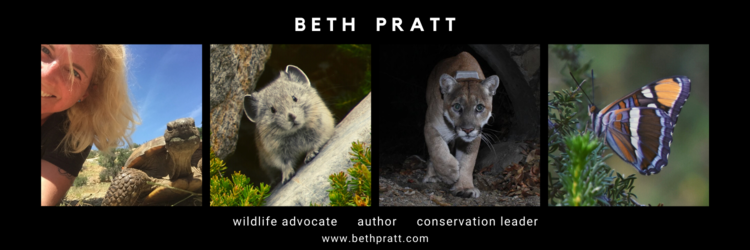Many people still think of global climate change as happening in distant lands: the starving polar bears and melting ice caps certainly give cause for alarm, but most of us feel a separateness from images taken thousands of miles away. Yet our own backyard isn't escaping the heat (pun intended), it's just that the effects can't be captured as easily in a dramatic photograph. The global climate change phenomena is already having significant--and alarming--repercussions in our national parks.
Last night I attended a great presentation by Dr. James Halfpenny at his center in Gardiner on global climate change in Yellowstone. Dr. Halfpenny has been conducting research on climate change since the early stages of his career, and directed the Niwot Ridge long-term ecological monitoring site in Colorado.
I've followed Yosemite's situation closely, and Yellowstone faces similar issues, in general if not in specifics. While the studies I followed in Yellowstone involved mainly water (or the lack thereof given an earlier and earlier snowmelt), Yellowstone's biggest loss may be its wildlife. For example, the invasion of exotic flora that does not provide suitable forage for ungulates may threaten Yellowstone's magnificent bison and elk herds. Warming temperatures have already caused an increase of pine beetle infestations, which have reduced white bark pines, a prime source of grizzly bear food.
Stephen Saunders, author of a recently released report on climate change in the park, observes: "If we continue to increase our emissions of heat-trapping gases, a disrupted climate will cause the greatest damage to our national parks ever." A recent feature article in High Country News: Unnatural Preservation, outlines the tough dilemma public land managers face with the consequences of climate change: they can become "zookeepers and gardeners" or "let wildlife perish."
Imagine Yosemite's waterfalls running dry in February. Or Glacier National Park losing its namesake attraction. How about Yellowstone empty of elk and bison? Now doesn't that make you want to bike to work tomorrow or turn off that computer at night?
